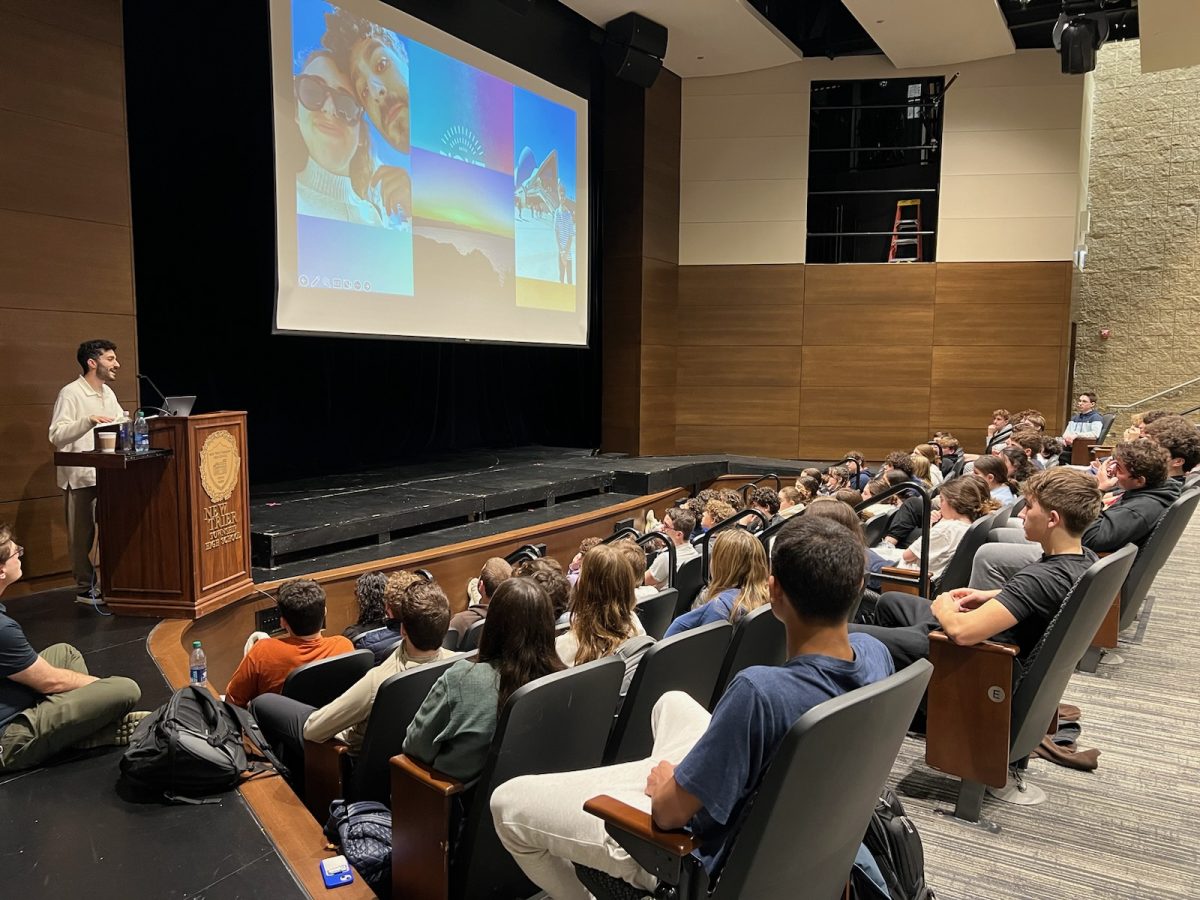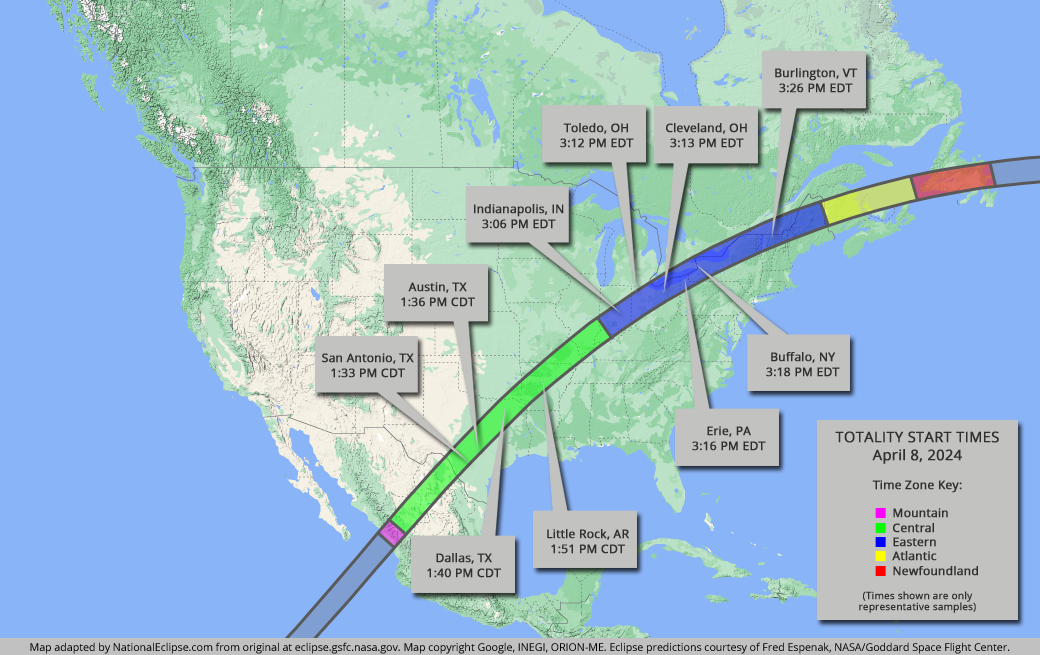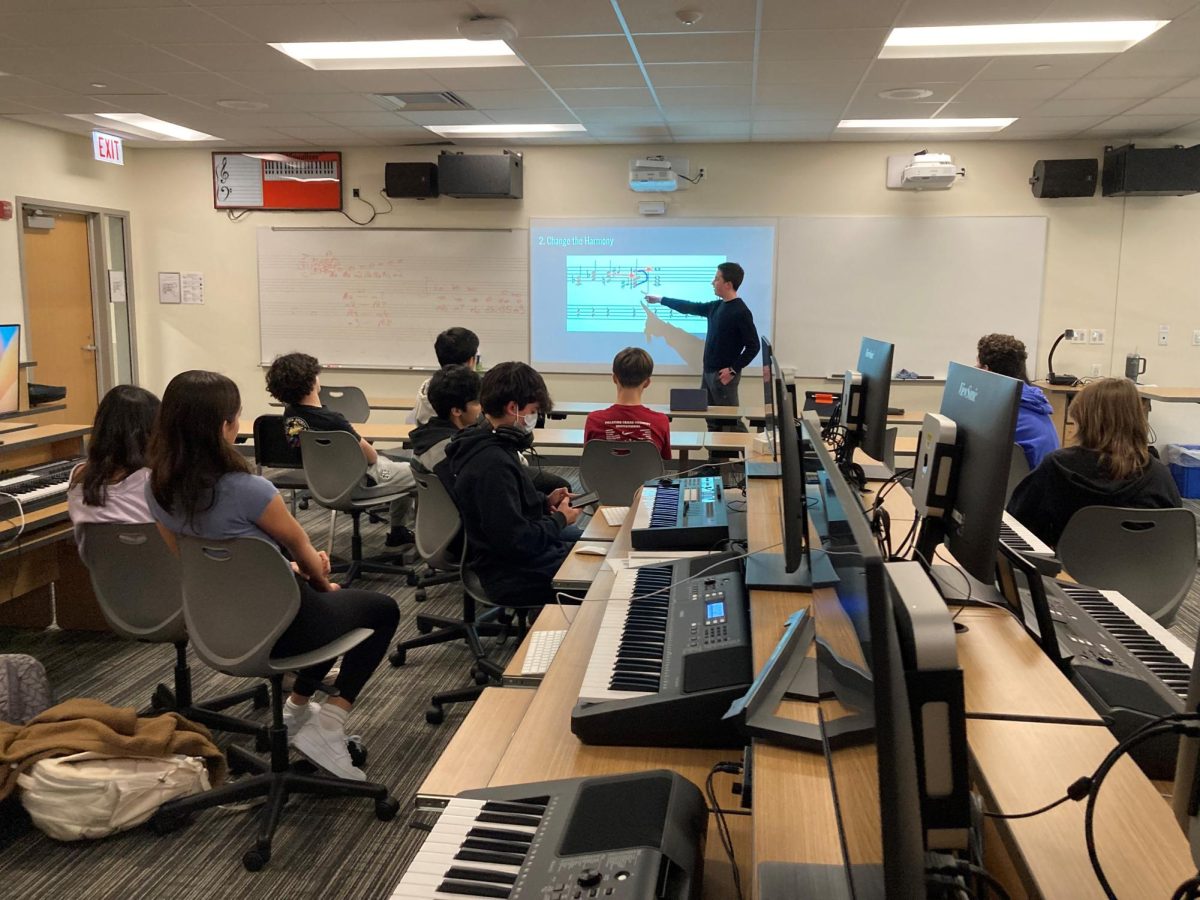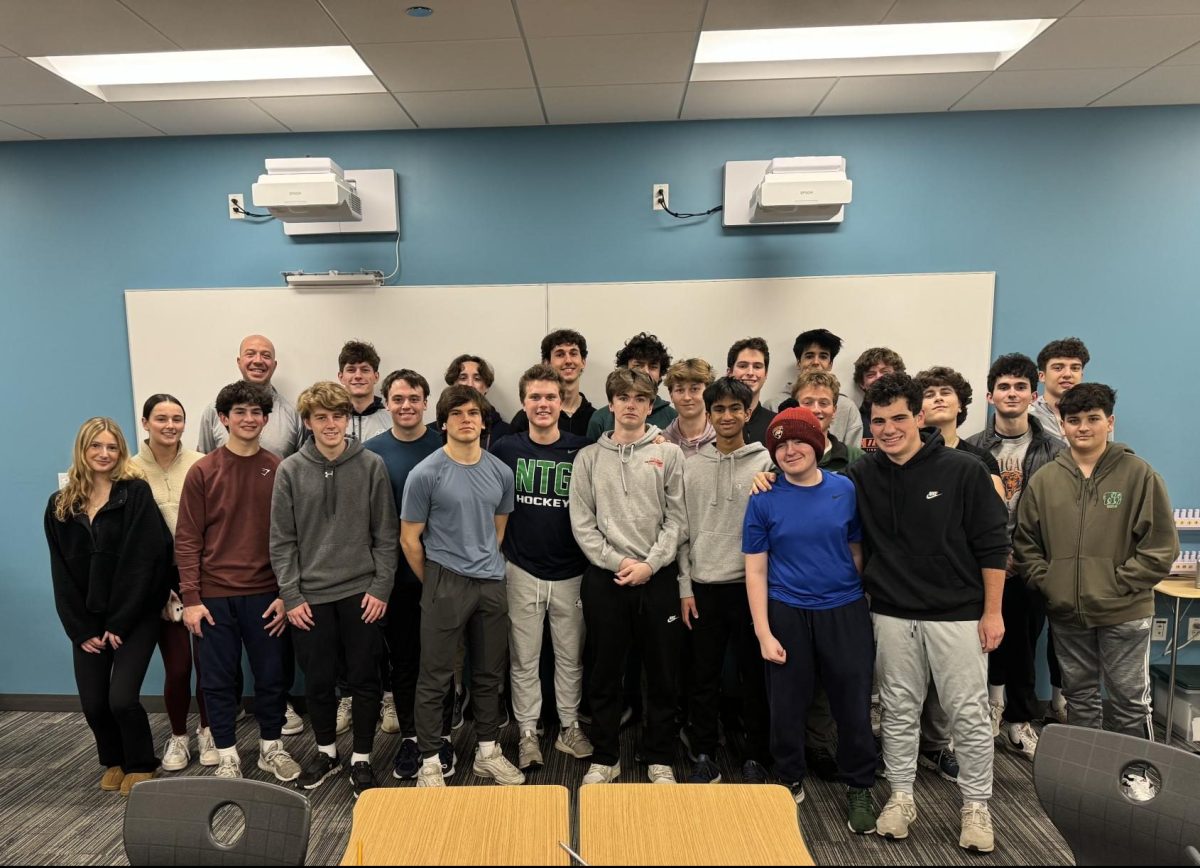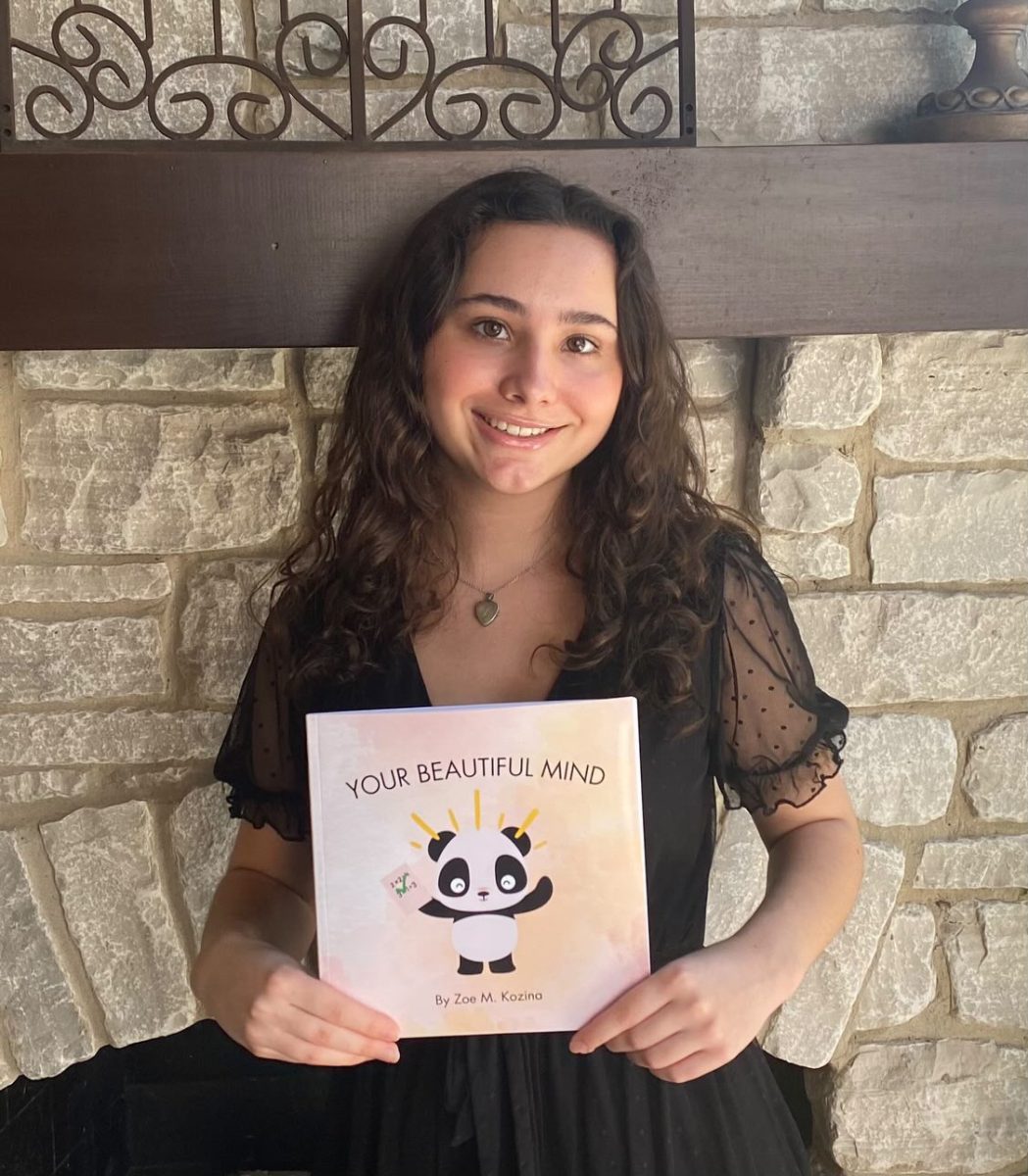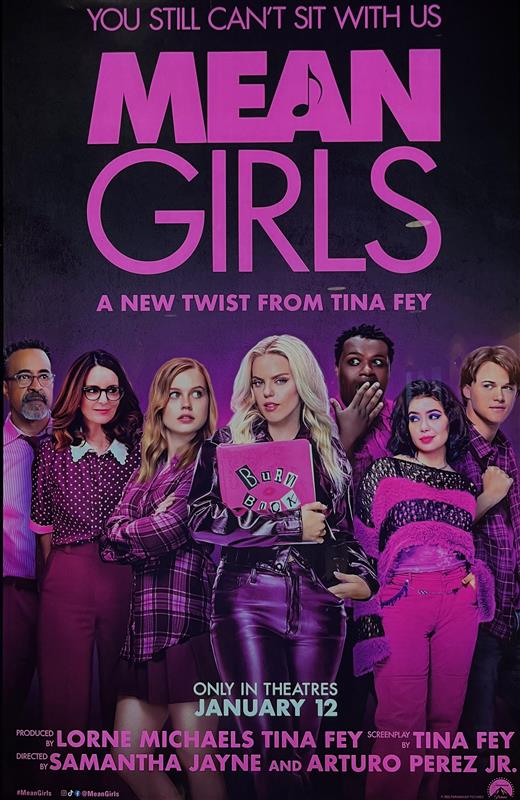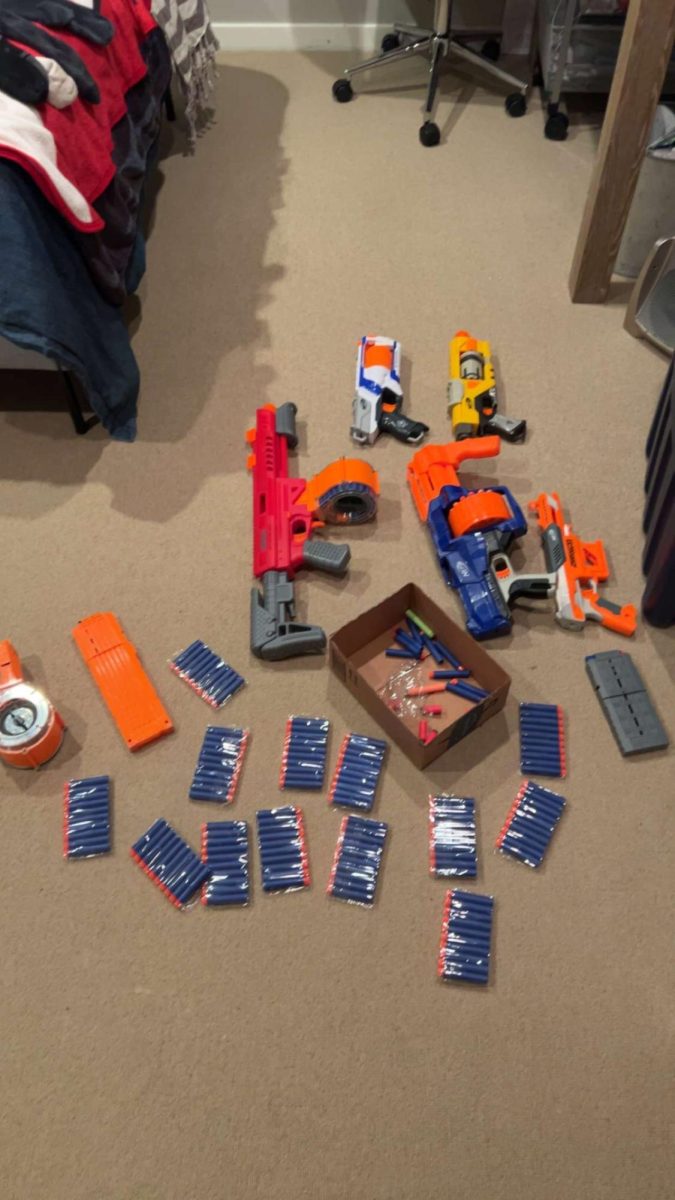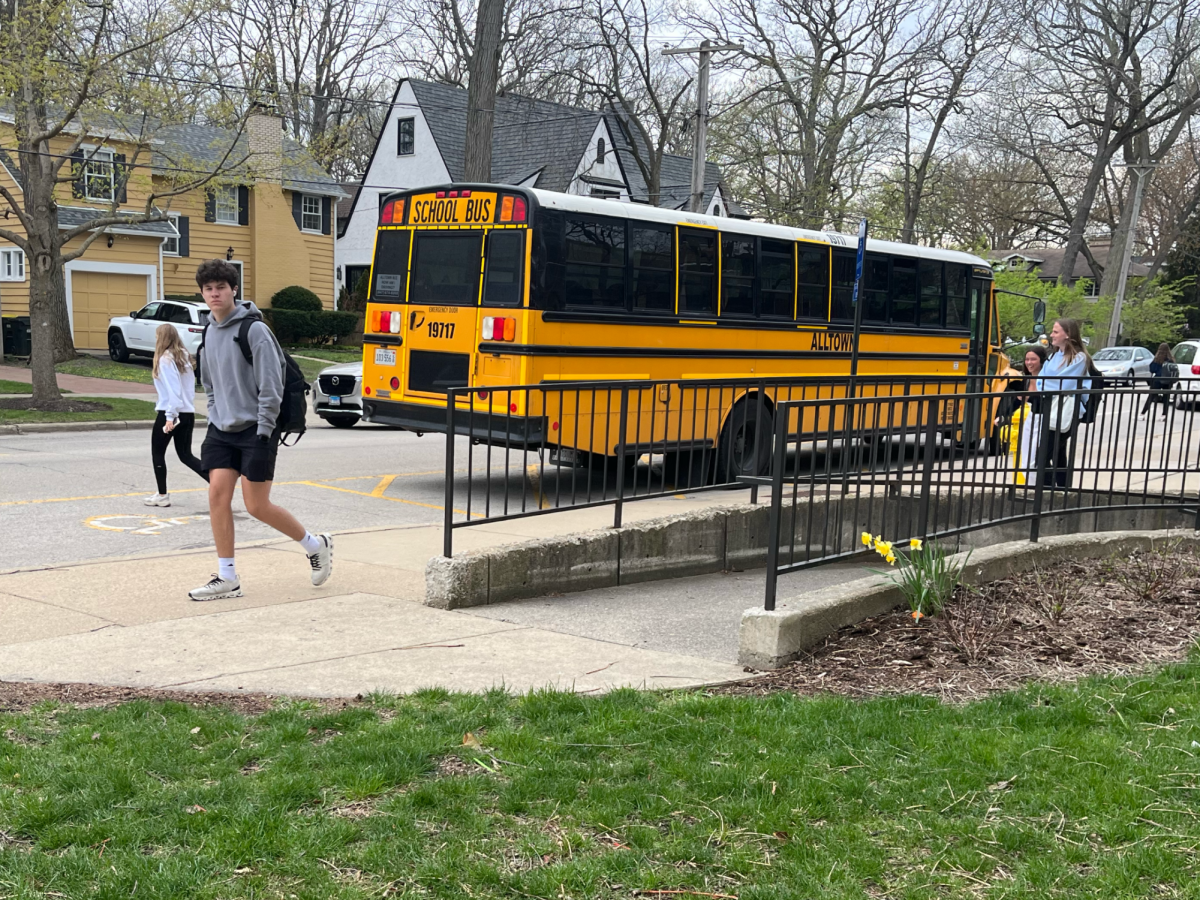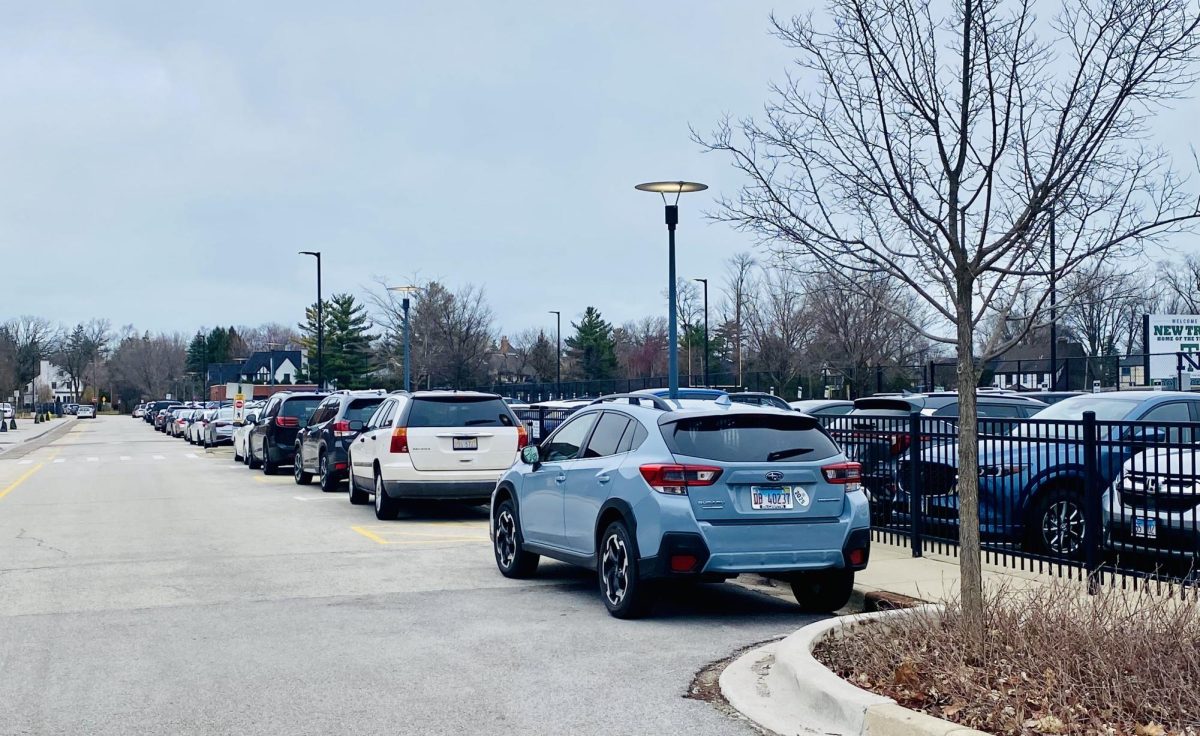According to the Winnetka Police Department, six male juvenile offenders have been charged in the investigation of inappropriate texts and emails reported last month. New Trier Communications Director Nicole Dizon said New Trier appreciates the police’s work on the issue and plans to work on implementing programs to ensure nothing similar happens in the future.
“We currently incorporate lessons on Internet safety into our health curriculum and the adviser program, and we are in the process of developing additional programs for parents and students on the safe and responsible use of technology,” she said.
Winnetka Police Deputy Chief Joe Pellus said the program New Trier is putting together is a beneficial idea.
“A friend today that has a photo of you may not be your friend tomorrow,” he said.
In many communities, the next course of action for the six offenders would be a trip to juvenile court and community service. This trip to juvenile court also means a significant blemish on their respective criminal records, higher auto insurance rates and an unsightly mark on college and job applications.
These offenders, however, are being sent to the New Trier Township Peer Jury system, which, according to Brian Leverenz, the program’s creator and organizer, wipes the juvenile record clean.
“If a kid is not sent to juvenile court and is sent to Peer Jury, it’s considered an informal part of the station adjustment process and kids don’t end up with a record as long as they get their sentence done,” he said. “If they don’t, then the peer jury has the authority to send them back to the police department and then send them to juvenile court.”
The jury is comprised of students from Loyola, North Shore Country Day and New Trier. Pellus said jurors can’t know the offender
“They’re supposed to exit if they know a person, and they’re dropped from the case,” he said.
The main difference between Peer Jury and juvenile court, Leverenz said, are the hard-hitting question jurors ask the offenders.
“The juvenile court process is much shorter; you stand before a judge for a few minutes and they render a sentence,” he said. “But if they come in front of Peer Jury, they’re going to ask you tough questions for 10, 15, 20 minutes. And the jurors are going to hold them accountable.”
Leverenz and township Communications Director Debbie Van Solkema agreed that the power of the program is the fact that the jury session is between peers.
“The kids ask all the questions and determine the sentence, which probably involves community service, a written paper, perhaps sometimes an apology letter,” Leverenz said.
“The kids know when to probe,” Van Solkema said.
Juvenile court never doles out written papers or apology letters, but Leverenz feels that this process behooves offenders, their parents and the community at large more this way. He said, however, that sometimes the extra things the jury requires can be more difficult for offenders to complete.
“Kids don’t always realize they’ve let the community down and they’ve often let their parents down,” he said. “The parents are typically the ones who are most upset and having the kid write an apology letter to their parents, that’s powerful.”
In figuring out a community service sentence, which Leverenz says is usually between 20-30 hours, the Peer Jury must take many things into consideration including the offender’s demeanor, their initial cooperation with the police and the level of remorse. But sometimes all of the jurors don’t agree on what the proper sentence should be.
“There tend to be people that are a little more punitive in their judgment and people that are a little more compassionate,” he said. “Neither one is right nor wrong; is it just a process.”
The jurors choose a community service assignment based sometimes off of what the original crime was, which Leverenz said is a third of the time alcohol/drug related, a third property destruction and a third miscellaneous. For instance, a misdemeanor or felony for destruction of property might warrant community service at a park district cleaning up after others. Other service agencies include working with special needs patrons and working at youth group organizations.
“Sometimes the service work can be an enriching experience and it can be particularly useful to the type of offense,” Van Solkema said.
Leverenz said that sometimes offenders like their community service so much that they decide to continue working there after their sentence is over.
The Peer Jury system is well-received, and since the program’s start in Winnetka in 1998, the number of Peer Juries Leverenz knew of in the U.S. grew from 200 to 2,000, and Leverenz is happy for it.
“It’s a way to give kids a break and that’s usually a benefit for everyone,” he said. “If kids learn from that, then you’ve made a positive impact in the community and on the kid’s life.”



